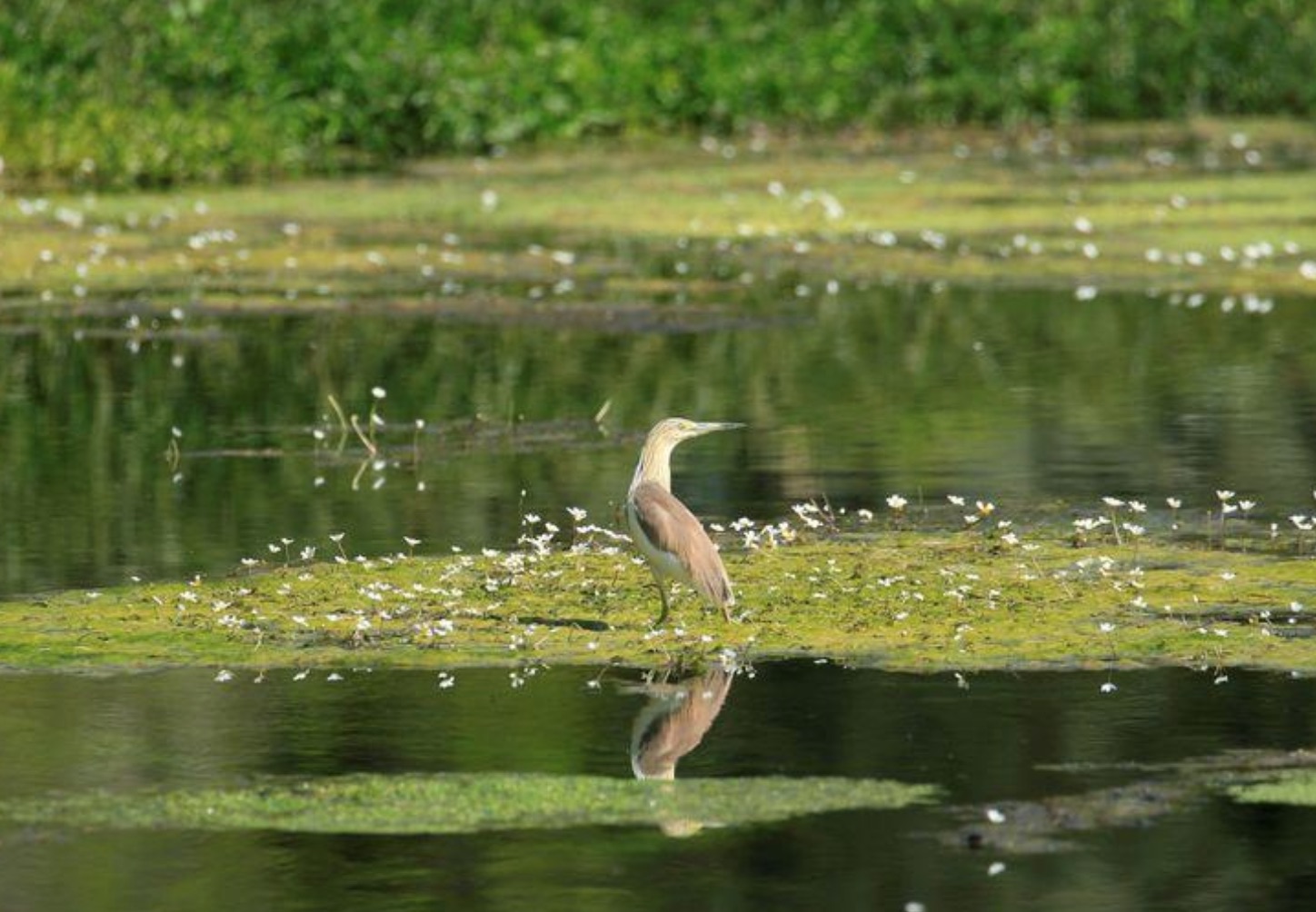
Coronavirus lockdown brings Lebanon’s migratory birds up close
From flocks of white pelicans and storks soaring over Beirut’s seafront to diminutive herons nesting in built-up neighbourhoods, Lebanese social media are capturing avian beauty normally witnessed only by astute birdwatchers in remote areas.
Lebanon is one of the world’s most important flyways for migratory birds moving from Africa to Europe and Asia. Hundreds of millions make the journey every spring, some stopping for hours, others weeks, in Lebanon until wind conditions and temperatures are optimal for them to venture onward.
But this spectacle is visible generally only to enthusiasts seeking it out in outlying regions like the lush Bekaa valley, a key transit point for migratory birds.
This year, though, appears to be very different.
“Even in the cities, birdwatchers and photographers are taking photos of birds that we have never seen before, close to the shore – and it is not just seagulls,” said Maher Osta, a project manager with the Society for the Protection of Nature in Lebanon (SPNL).
SPNL has documented nests for two types of migrating birds, the Spur-Winged Plover and Little Egret, in Beirut and surrounding suburbs and 10 species overall that had not been previously spotted in these heavily populated areas.
The proximity of wildlife is even more pronounced in the Bekaa’s Ammiq Wetland.
“There are small birds that I’m seeing in my garden for the first time. I don’t know why. Maybe they are more relaxed because there is less shooting, less noise, fewer cars, fewer airplanes,” said Ezzat Taha, 35, a farmer in Mansoura, a village near the wetland.
“I don’t know what is happening in nature but it is a good thing.”
Residents say animals like golden jackals are roaming daily through orchards unusually close to people’s homes during the lockdown imposed by authorities to help contain the coronavirus.
And with walking routes cleared of the usual foot traffic from hikers, droves of the small tree frog, known scientifically as hyla savignyi, have been hopping around the wetlands.
“Normally you wouldn’t see them at all,” Osta said of the lime green frog the size of a thumb.
Osta said migratory birds also appear to be benefiting from a coronavirus-induced reduction in hunting, much of it unlicensed, in the Bekaa valley that typically thins their flocks each year.
“When you are trying to protect nature in a country where 90% of people don’t care, it is not just like swimming against the current, it is like swimming against a tsunami,” he said.
“But things are changing…slowly.”
Reporting by Ayat Basma; Editing by Eric Knecht and Mark Heinrich